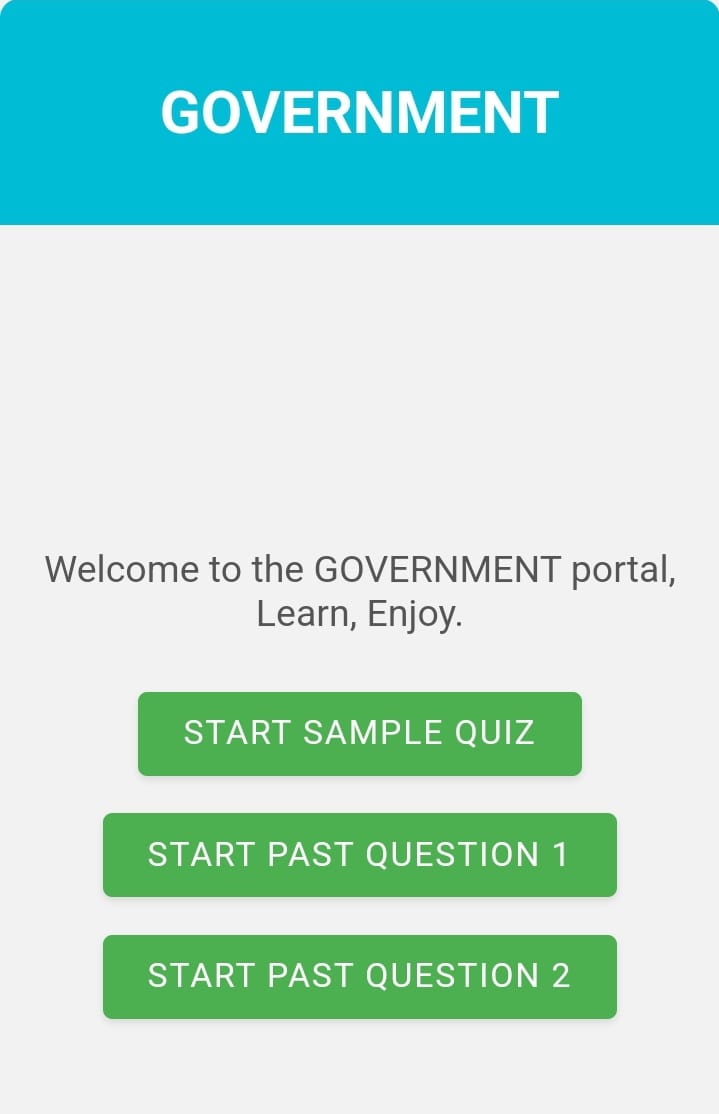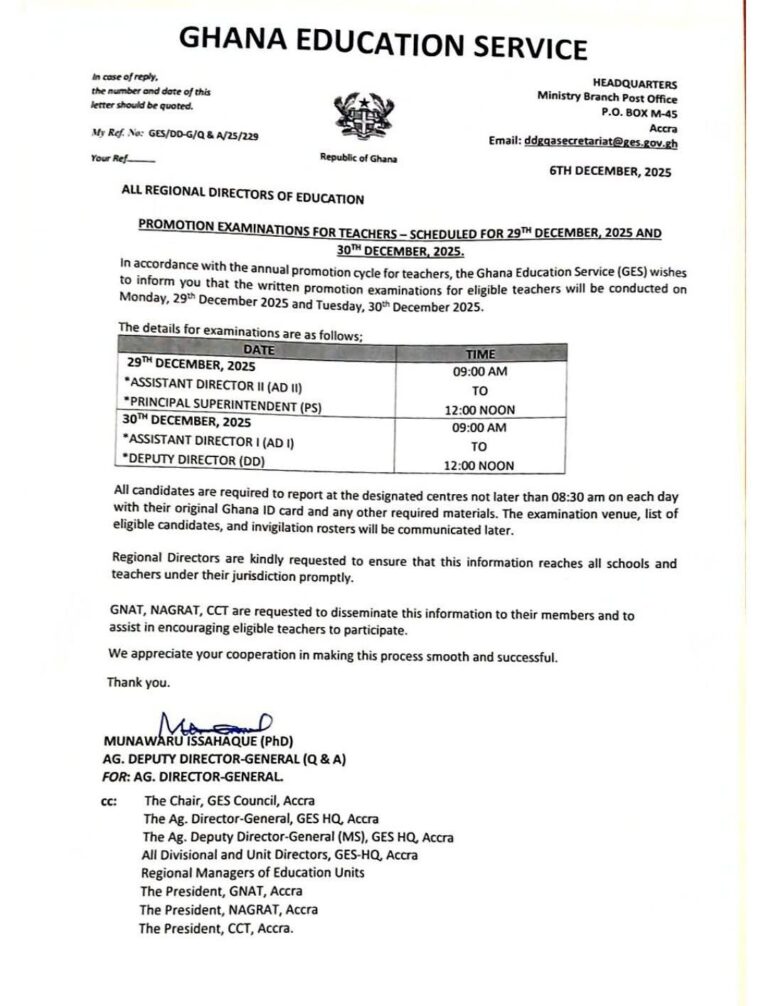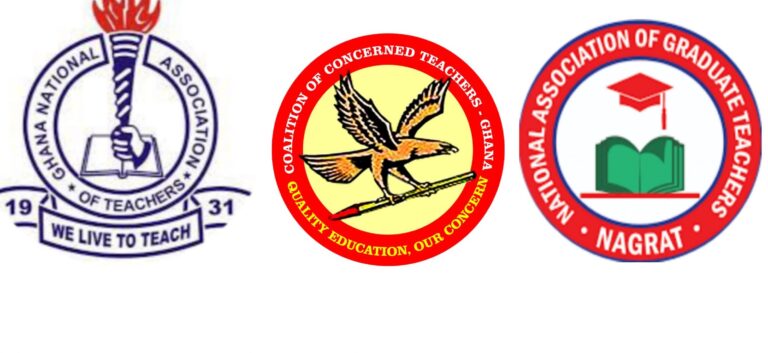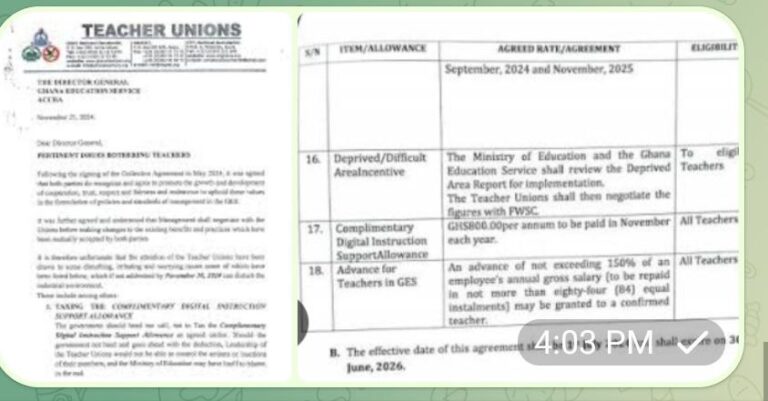
Comprehensive Guide to JHS Government Curriculum
Introduction to Government Studies
The JHS Government curriculum provides students with a foundational understanding of political systems, governance structures, and civic responsibilities. This subject equips learners with knowledge about:
-
Political theories and concepts
-
Ghana’s political history
-
International relations
-
Democratic processes
The curriculum emphasizes critical thinking and real-world application of governmental principles.
Core Content Areas & Weight Distribution
| Content Area | Key Topics | Weight | Cognitive Focus |
|---|---|---|---|
| Political Theories | State origins, government forms | 10% | L1-L4 |
| Ghana’s Political History | Pre-independence to the 4th Republic | 15% | L2-L4 |
| Governance Structures | Arms of government, constitutions | 20% | L2-L4 |
| Citizenship & Rights | Civic responsibilities, human rights | 10% | L3-L4 |
| International Relations | Diplomacy, global organizations | 15% | L2-L4 |
| Electoral Processes | Voting systems, election management | 10% | L3-L4 |
| Conflict Resolution | Peacebuilding strategies | 10% | L3-L4 |
| Public Administration | Civil service, bureaucracy | 10% | L2-L3 |
Detailed Content Breakdown
1. Political Foundations (10%)
-
Key Concepts:
-
Theories of state origins (social contract, divine right)
-
Forms of government (democracy, monarchy, theocracy)
-
-
Activity: Debate different government systems
2. Ghana’s Political Journey (15%)
-
Historical Periods:
-
Colonial era & nationalist movements
-
Nkrumah era to Fourth Republic
-
-
Project: Timeline of Ghana’s constitutional developments
3. Governance Structures (20%)
-
Focus Areas:
-
Separation of powers
-
1992 Constitution features
-
Local government systems
-
-
Case Study: Analyze current parliamentary proceedings
4. Democratic Processes (10%)
-
Electoral Systems:
-
Voting methods
-
Electoral Commission’s role
-
-
Simulation: Conduct mock elections
Assessment Framework
| Cognitive Level | Weight | Sample Tasks |
|---|---|---|
| Recall (L1) | 15% | Define terms, list government arms |
| Understanding (L2) | 25% | Compare political systems |
| Application (L3) | 30% | Analyze constitutional cases |
| Evaluation (L4) | 30% | Propose conflict resolution strategies |
Key Insight: 60% of assessments test higher-order thinking skills
Teaching Strategies
Engagement Methods
-
Role-Playing:
-
Simulate parliamentary sessions
-
Mock UN debates
-
-
Document Analysis:
-
Examine Ghana’s constitution articles
-
Review historical speeches
-
-
Community Projects:
-
Voter education campaigns
-
Peacebuilding workshops
-
Common Challenges & Solutions
| Challenge | Solution |
|---|---|
| Abstract concepts | Use real-world analogies |
| Historical dates | Create visual timelines |
| Legal terminology | Develop glossary cards |
Real-World Connections
-
Current Events: Relate lessons to recent political developments
-
Field Trips: Visit Parliament House or EC offices
-
Guest Speakers: Invite local government officials
For the past question, click here: https://ntc.gov.gh/practice_test/government/
For more updates, click:
Follow us on WhatsApp for more updates: https://whatsapp.com/channel/0029VaCyYGIFHWpx22L38a2K
Seekers Consult
Contact Us for Your Study Abroad Journey
We search for schools and check available scholarships for you
Contact: 0550414552 / 0362297079
Loan for government workers
Transcript Application
English Proficiency
Recommendation letter
Project work/thesis for undergraduate, master’s, and PHD students.





2 thoughts on “NTC GTLE past questions and key areas to focus on Comprehensive Guide to JHS Government”